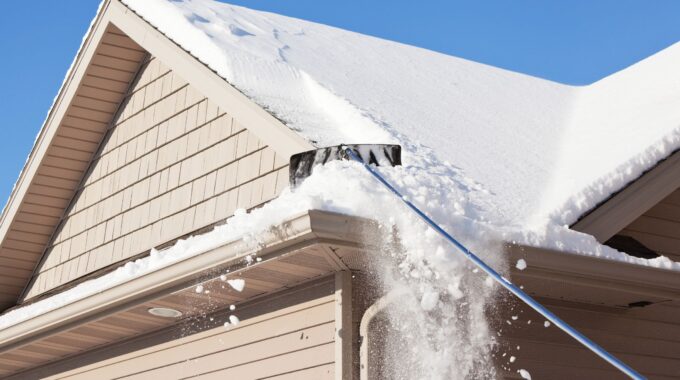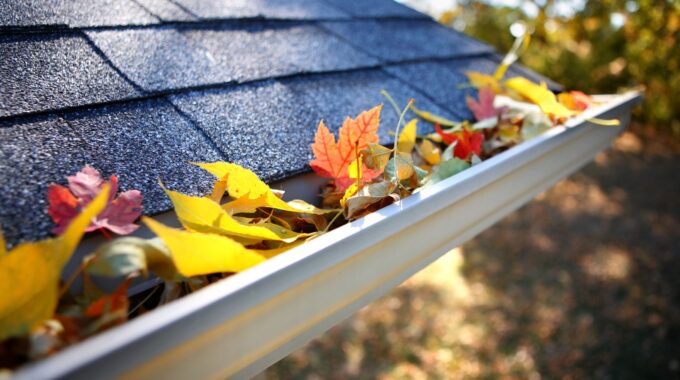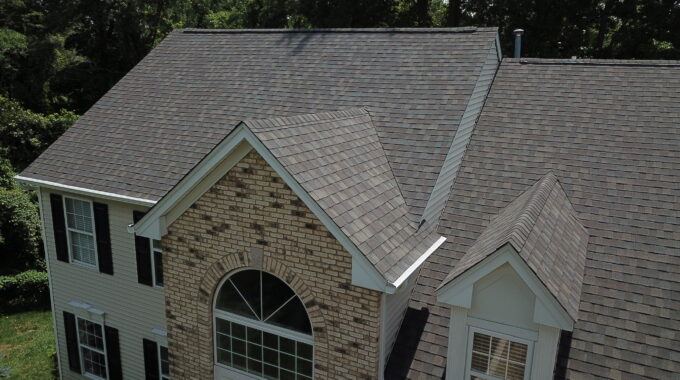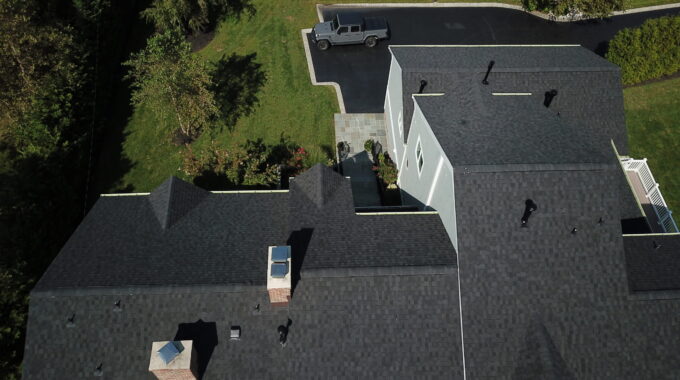
The Pros and Cons of Different Roofing Materials for Your Home
Choosing the right roofing material for your home is an important decision that impacts both the aesthetic appeal and functionality of your roof. With so many options available, it’s essential to weigh the pros and cons of roofing materials before making your choice. Factors such as cost, durability, and weather resistance should all be considered when selecting a material for your new roof or replacement. At Roofing By Carl’s, we’re here to guide you through the process and help you choose the best roofing materials for your needs.
Asphalt Shingles
Asphalt shingles are one of the most popular roofing materials due to their affordability and ease of installation. If you’re looking for a cost-effective solution, asphalt shingles might be the right fit for you.
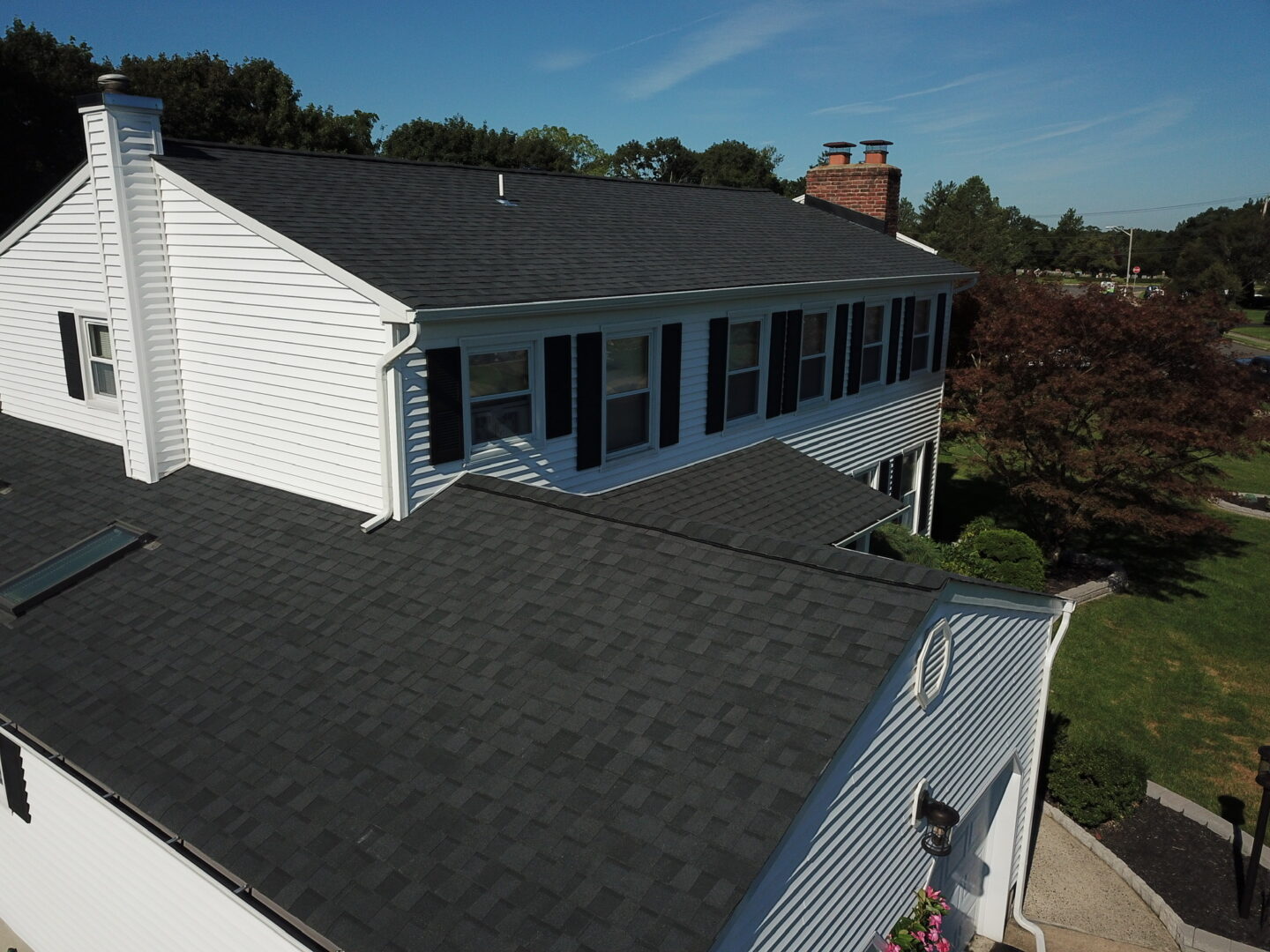
Pros:
- Affordability: Asphalt shingles are among the most affordable roof replacement materials on the market.
- Easy to Install: This material is quick to install, which can help reduce labor costs.
- Variety of Styles: Asphalt shingles come in a wide range of colors and textures, making it easy to match them with your home’s aesthetic.
Cons:
- Lifespan: While asphalt shingles are affordable, their average lifespan is shorter than other materials, typically lasting between 15 and 30 years.
- Weather Vulnerability: Asphalt shingles can be prone to damage from extreme weather conditions like high winds and hail.
Overall, asphalt shingles are a great option for homeowners seeking cost-effective roofing solutions, but they may require more frequent replacements in areas with harsh weather.
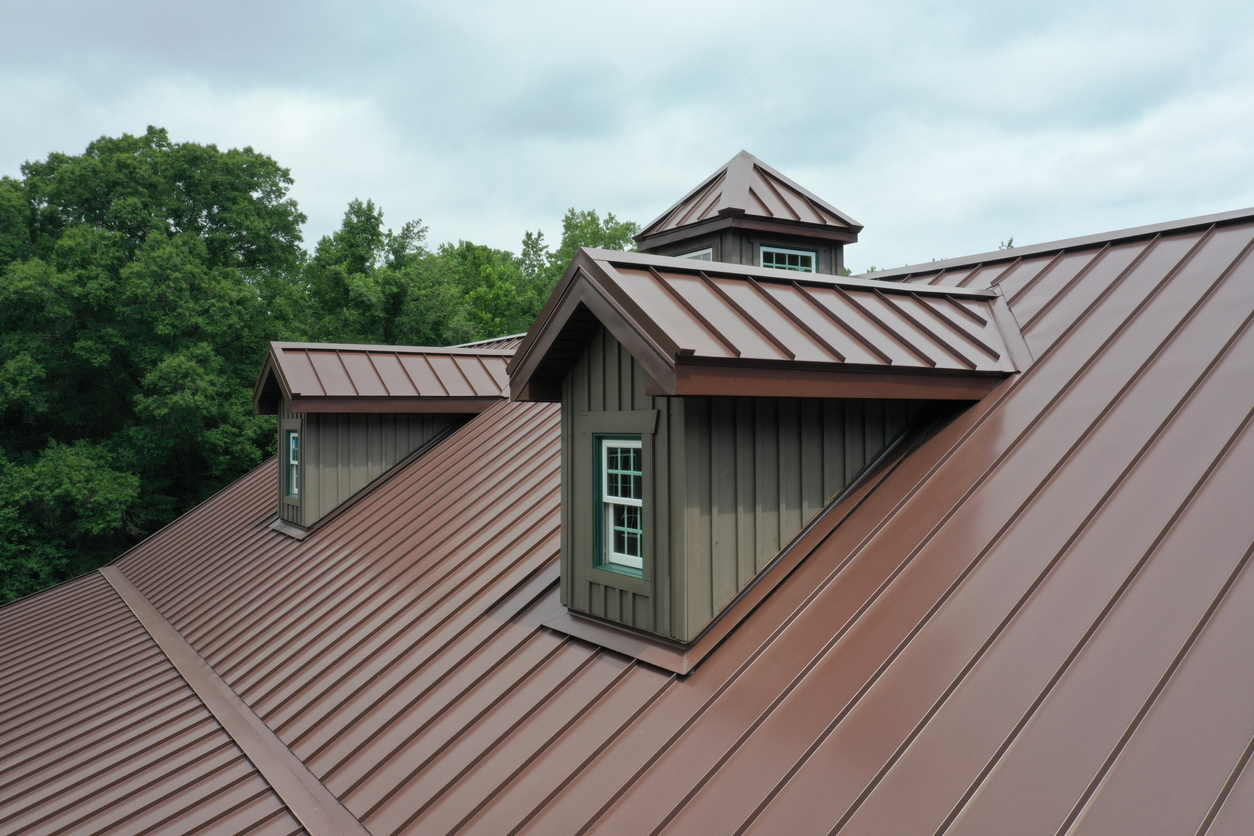
Steel Roofing
When comparing steel roofing vs traditional roofing, steel stands out for its durability and energy efficiency. This material has grown in popularity due to its ability to withstand severe weather while offering a modern, sleek look.
Pros:
- Durability: Steel roofing is highly durable and can last up to 50 years or more, making it one of the best roofing materials in terms of longevity.
- Energy Efficiency: Steel roofing reflects solar heat, which can help reduce cooling costs in the summer months.
- Weather Resistance: Steel roofs are resistant to extreme weather conditions, including heavy snow, rain, and wind, making them an excellent choice for areas prone to severe weather.
Cons:
- Higher Initial Cost: Steel roofing tends to have a higher upfront cost compared to materials like asphalt shingles.
- Professional Installation Required: Due to its weight and installation complexity, steel roofing requires professional installation, which can add to the overall cost.
The metal roof benefits are undeniable, especially for homeowners seeking a long-lasting, durable roofing solution. While the initial investment may be higher, steel roofing offers significant advantages in terms of longevity and energy savings.
Tile Roofing
Tile roofing offers a unique aesthetic appeal and is well-known for its longevity. Many homeowners choose tile roofing for its classic and timeless look, but it’s important to weigh the pros and cons before making a decision.
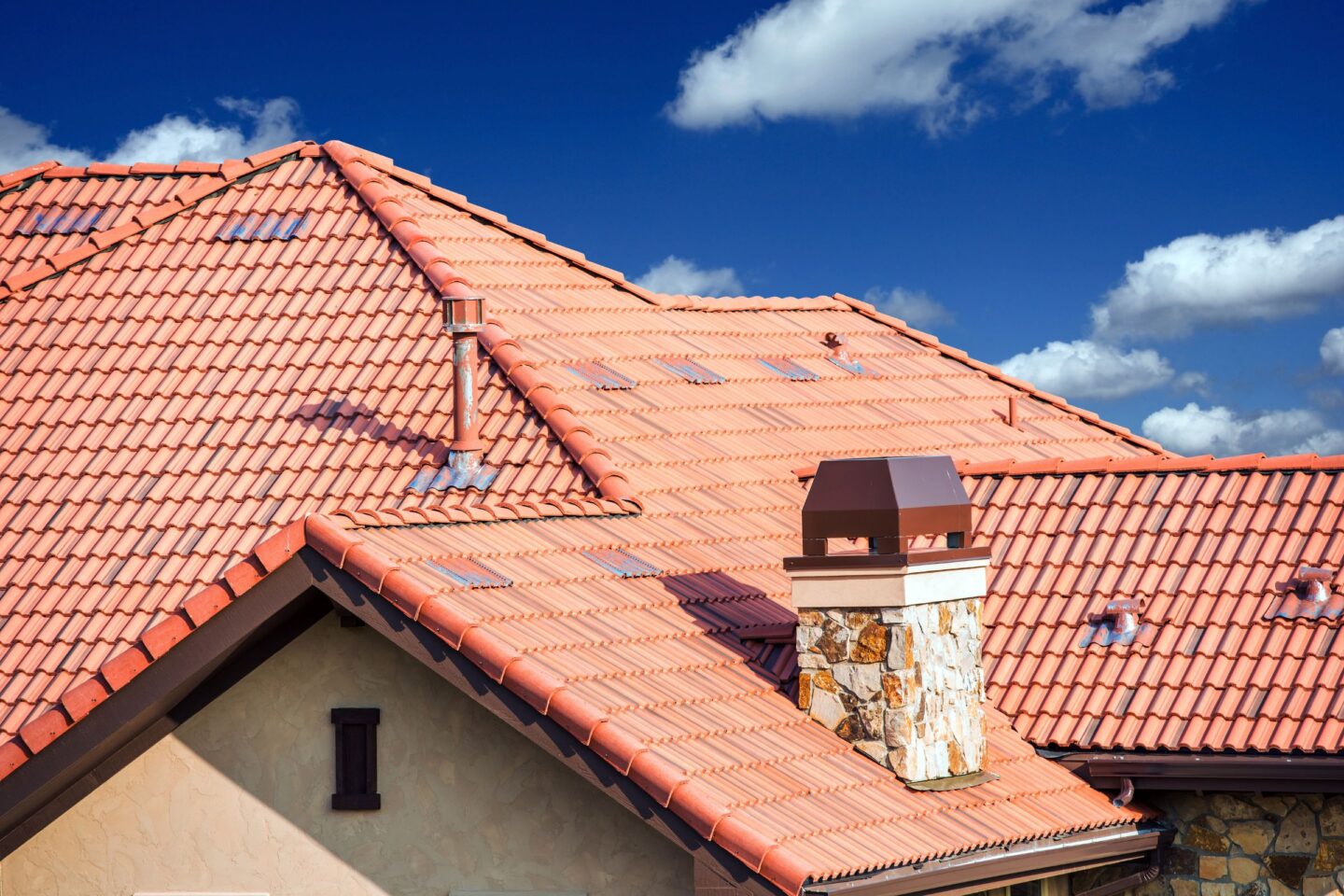
Pros:
- Aesthetic Appeal: Tile roofing provides a distinctive, high-end look that complements Mediterranean, Spanish, and Mission-style architecture.
- Long Lifespan: Tile roofs can last 50 to 100 years when properly maintained, making them one of the longest-lasting roof replacement materials available.
- Fire Resistance: Tile roofing materials are non-combustible, offering superior fire protection for your home.
Cons:
- Weight: Tile roofing is significantly heavier than other materials, often requiring reinforced roof structures to support the weight.
- Cost: The installation and material costs for tile roofing are higher than for asphalt shingles or metal roofing.
Tile roofing is an excellent choice for homeowners who prioritize aesthetics and longevity, but it may not be the best fit for every home due to its weight and cost.
Other Roofing Materials (Slate, Wood, etc.)
There are a variety of other roofing materials available, each with its own set of benefits and drawbacks. Slate roofing, for example, is highly durable and offers a luxurious look but comes at a premium price. Wood shakes, on the other hand, provide a natural appearance but require regular maintenance to prevent rot, mold, and insect damage.
Pros of Slate Roofing:
- Durability: Slate is one of the most durable roofing materials, often lasting over 100 years.
- Appearance: Slate provides a high-end, classic appearance that boosts curb appeal.
Cons of Slate Roofing:
- Cost: Slate is one of the most expensive roofing materials on the market.
- Weight: Like tile roofing, slate is heavy and may require additional structural support.
Pros of Wood Shakes:
- Natural Look: Wood shakes give homes a rustic, natural appearance that’s hard to replicate with other materials.
- Insulation: Wood offers better insulation than many other roofing materials, helping to regulate indoor temperatures.
Cons of Wood Shakes:
- Maintenance: Wood requires more maintenance than most other materials, including regular treatments to protect against moisture, insects, and fire.
Whether you’re considering steel roofing vs traditional roofing, or looking for a more unique material like slate or wood, it’s important to weigh the long-term benefits and costs before making your decision.
Conclusion
Choosing the right roofing material for your home is a major decision that impacts both the functionality and appearance of your roof. By considering the pros and cons of roofing materials, such as asphalt shingles, steel, tile, and slate, you can make an informed decision that fits your needs and budget. If you’re still unsure about which material is best for your home, Roofing By Carl’s is here to help. Our expert team can provide personalized recommendations based on your specific requirements, location, and style preferences. Contact us today for a consultation and let us help you choose the perfect roof for your home.

